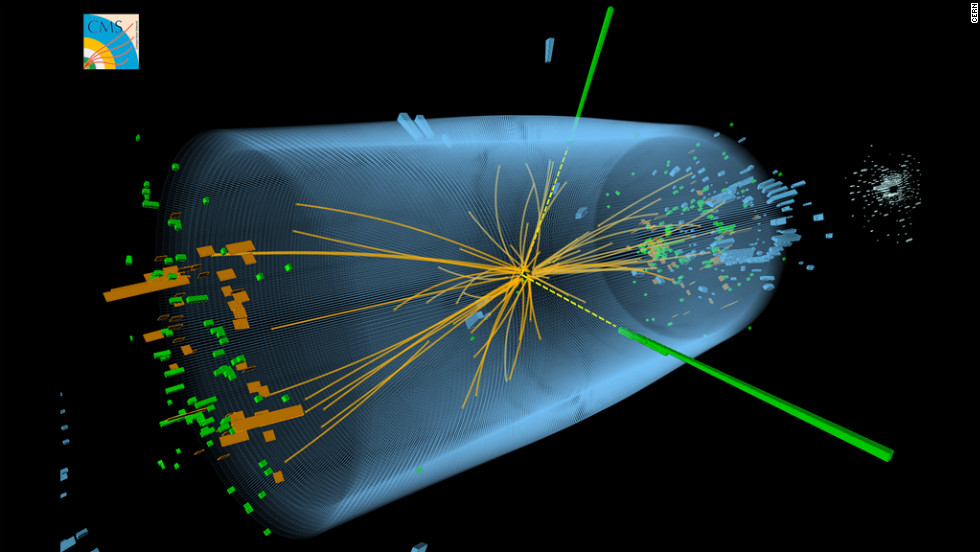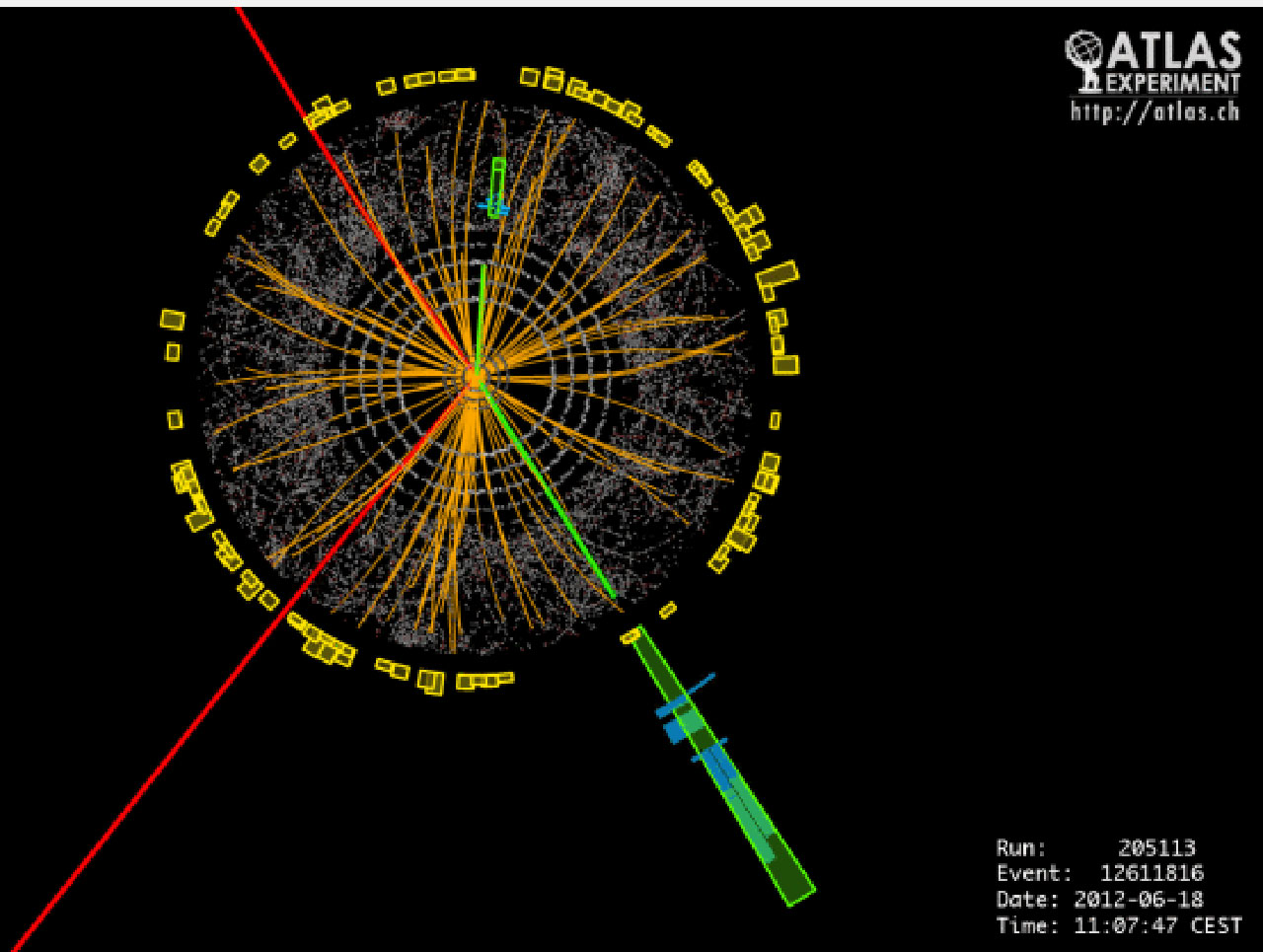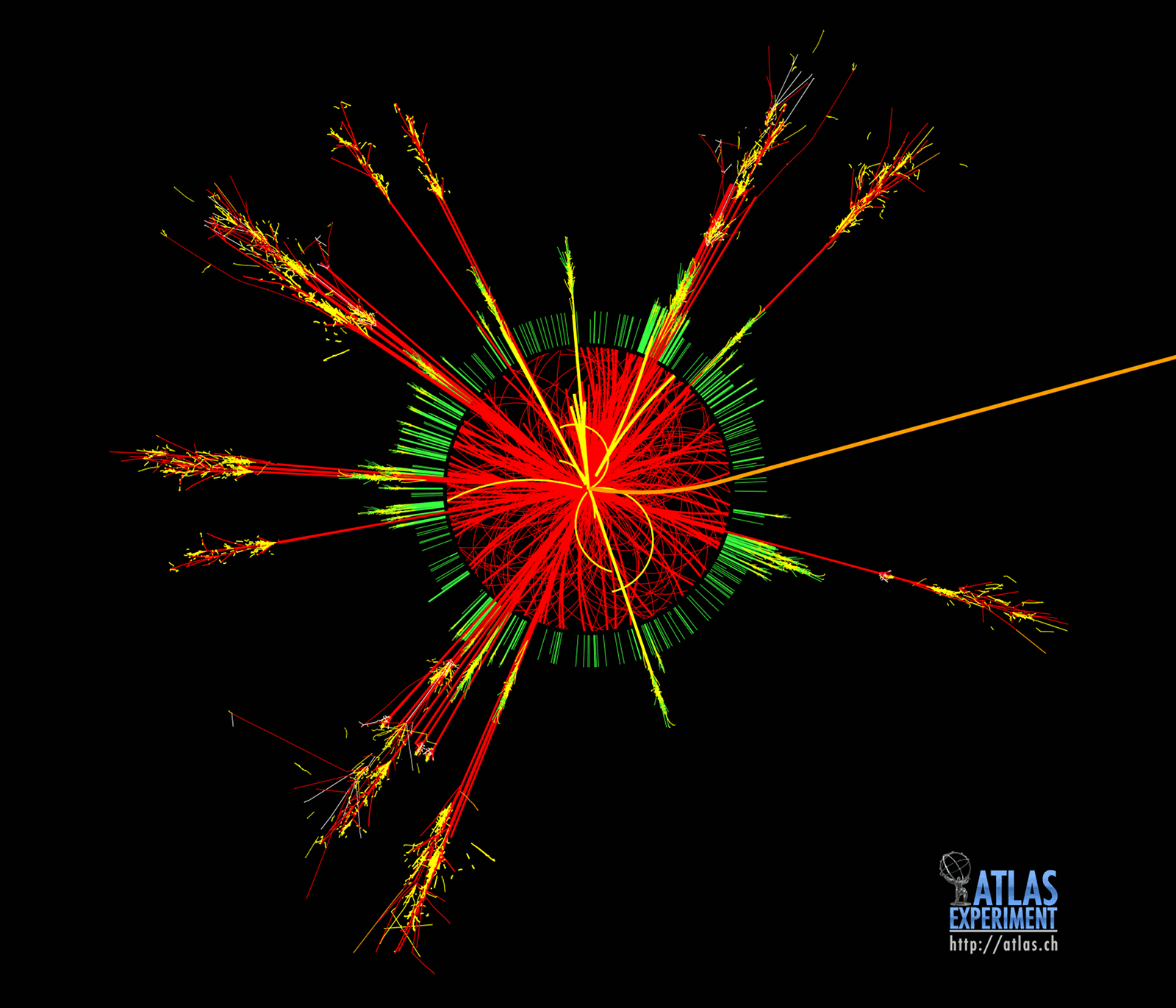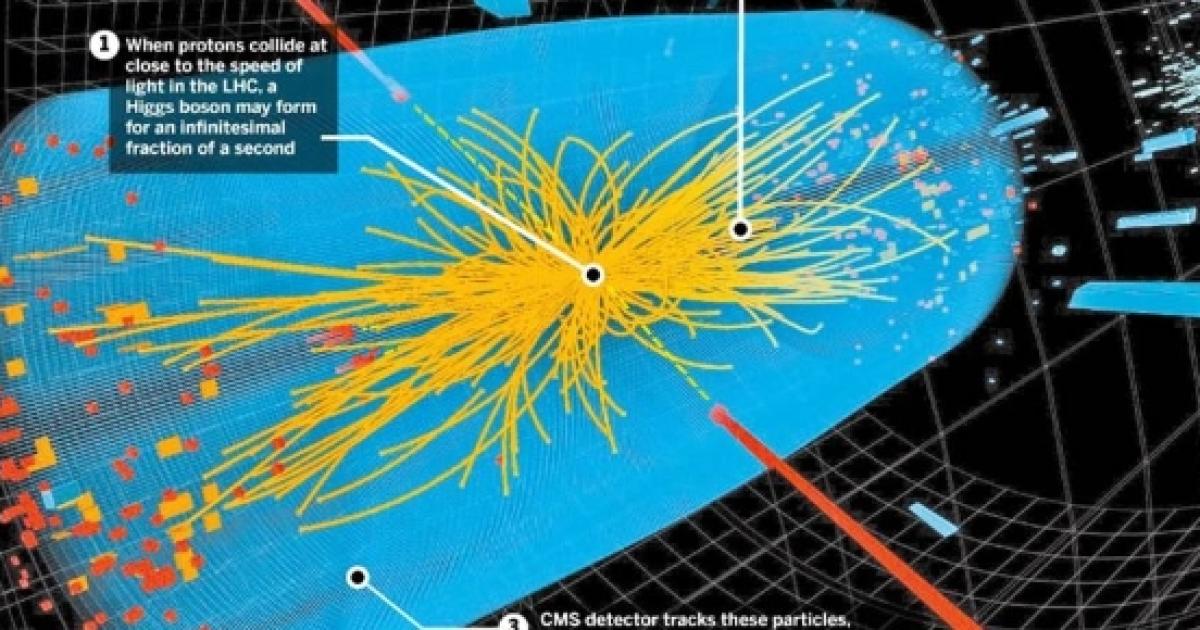

… This could mean that the universe could undergo catastrophic vacuum decay, with a bubble of the true vacuum expanding at the speed of light. Here's how Hawking describes this Higgs doomsday scenario in the new book: "The Higgs potential has the worrisome feature that it might become metastable at energies above 100 gigaelectronvolts (GeV). This quantum fluctuation could happen somewhere out in the empty vacuum of space between galaxies and create an expanding "bubble," Lykken said. If the Higgs field makes it over that energy hill, some physicists think the destruction of the universe is waiting on the other side.īut an unlucky quantum fluctuation, or a change in energy, could trigger a process called " quantum tunneling." Instead of having to climb the energy hill, quantum tunneling would make it possible for the Higgs field to "tunnel" through the hill into the next, even lower-energy valley. The huge amount of energy required to change into another state is like chugging up a hill. Right now the Higgs field is in a minimum potential energy state - like a valley in a field of hills and valleys.

"Just like matter can exist as liquid or solid, so the Higgs field, the substance that fills all space-time, could exist in two states," Gian Giudice, a theoretical physicist at the CERN particle physics center where the Higgs boson was discovered, explained during a TED talk in October 2013. Physicists believe the Higgs field may be slowly changing as it tries to find an optimal balance of field strength and the energy required to maintain that strength. The Higgs field emerged at the birth of the universe and has acted as its own source of energy since then, Lykken said. That conclusion involves the Higgs field. This turns out to be the precise mass needed to keep the universe on the brink of instability, but physicists say the delicate state will eventually collapse and the universe will become unstable. The Higgs boson is about 126 billion electron volts, or about the 126 times the mass of a proton.

Now that scientists have measured the particle's mass, they can make many other calculations, including one that seems to point to the end of the universe. Since its discovery two years ago, the particle has been making waves in the physics community. The Higgs boson particle is important to the Standard Model because it signals the existence of the Higgs field, an invisible energy field present throughout the universe that imbues other particles with mass.

Its discovery lends strong support to the Standard Model of particle physics, which is thought to govern the basic building blocks of matter. It's the biggest science project on Earth the quest to find the 'Higgs Boson', a fundamental constituent of nature that - if it does exist - has such a central role in defining the universe that it's also known as the God Particle.What is the Higgs Boson? Why is it so important to scientists and how are they planning to find it?With Jim Al-Khalili, Senior Lecturer in Physics at the University of Surrey David Wark, Professor of Experimental Physics at Imperial College London and the Rutherford Appleton Laboratory Professor Roger Cashmore, former Research Director at CERN and now Principal of Brasenose College, Oxford.The Higgs boson is sometimes referred to as the "God Particle," much to the chagrin of scientists who prefer the official name. That big idea took many years of refining, but it has now generated so much international interest and has such an important place in physics that well over one billion pounds is being spent in the hope that he was right. On his return to his laboratory in Edinburgh the following Monday, he declared to his colleagues that he had just experienced his 'one big idea' and now had an answer to the mystery of how matter in the universe got its mass. Resonances were interpreted as a consequence of the presence of quantum levels in the particles themselves and identified in SM as newly generated unstable. One weekend in 1964 the Scottish scientist Peter Higgs was walking in the Cairngorm Mountains. Melvyn Bragg and guests discuss the Higgs Boson particle.


 0 kommentar(er)
0 kommentar(er)
